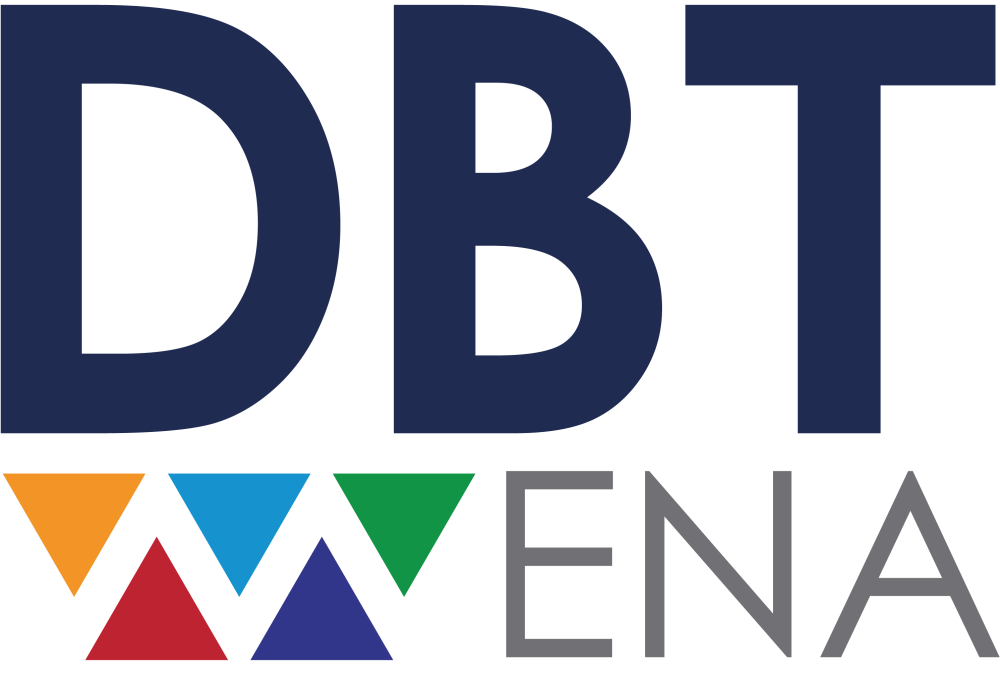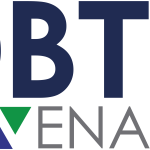A DBT Consultation Team is a group of DBT practitioners working together in groups of 3-8 people. It may be a combination of providers who work in different roles (eg: social worker, psychotherapist, psychiatrist, etc.) Meetings are conducted on a regular basis, in order to help each other out with managing high risk clients and the potential of burnout.
Clients with life threatening or life interfering behaviors can easily lose motivation, or lose the dialectic balance between change and acceptance. Your DBT team will help you in maintaining motivation, enhancing your skills, and monitor adherence and fidelity to the program.
Additionally, DBT Consultation Teams are a requirement for comprehensive trainings by the DBT Linehan board of Certification.
















